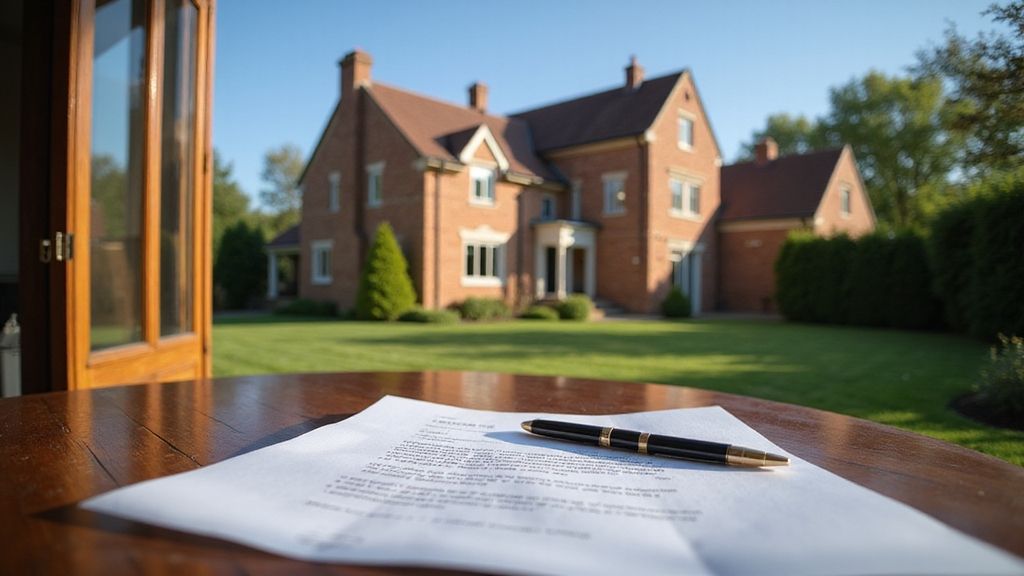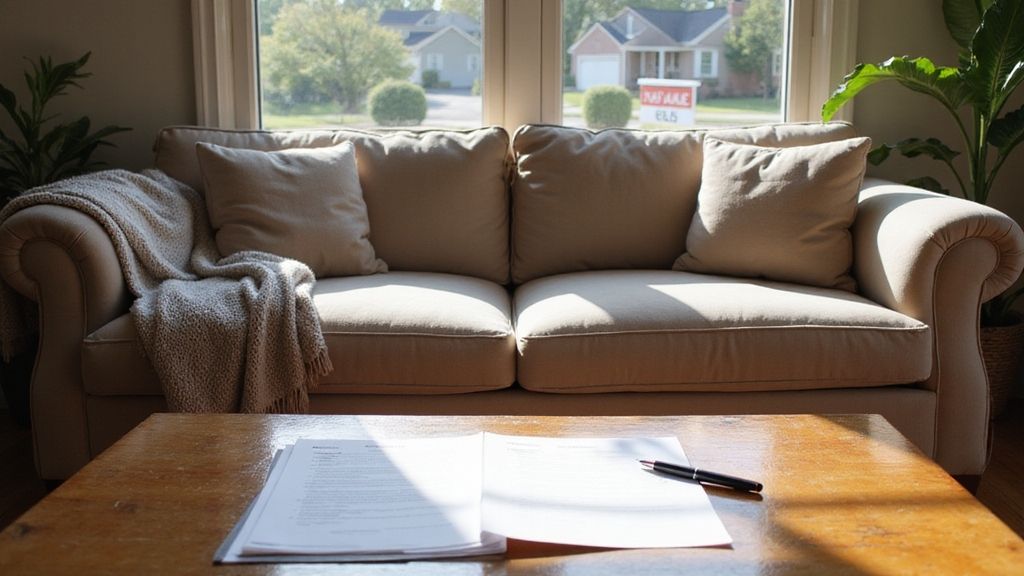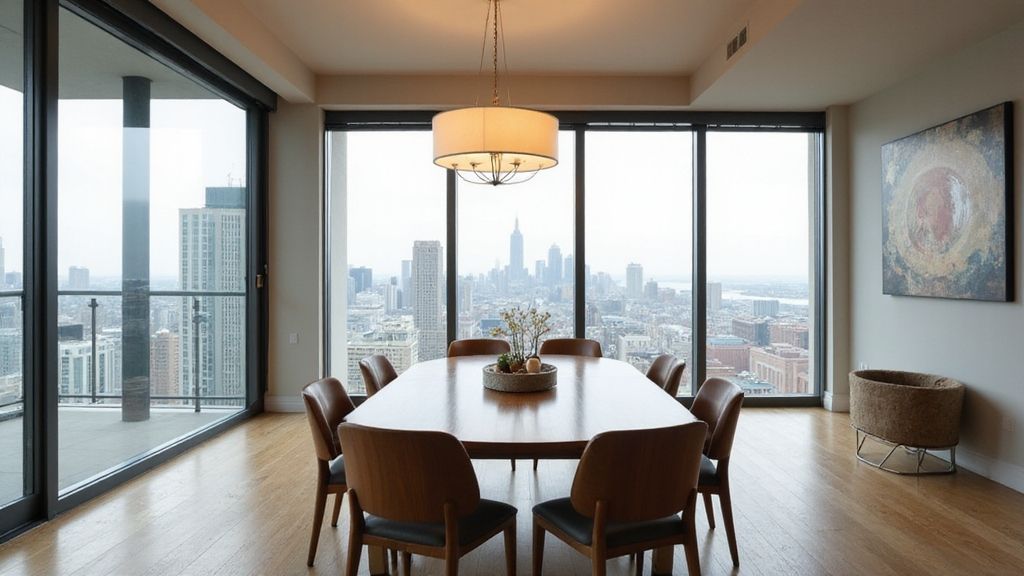What Not to Fix When Putting Your House on the Market
When selling a house, homeowners should consider making improvements and fixes to increase the property's appeal and potentially fetch a higher sale price. However, only some repairs or upgrades yield a positive return on investment, and some may not be worth the time, effort, or money. Knowing what not to fix when putting one’s house on the market is just as crucial as addressing necessary repairs. This extensive discussion will explore what homeowners should avoid fixing to make a more informed and strategic decision when selling their property.
Putting a house on the market involves a delicate balance between making the property attractive to a potential
cash home buyer Lancaster and avoiding unnecessary expenses. While certain repairs and improvements are essential for a successful sale, only some issues require attention. Understanding what not to fix can save homeowners time and money while ensuring a smoother selling process. Let's delve into the key considerations when deciding what not to fix when preparing one’s house for sale.

Cosmetic Imperfections
Cosmetic imperfections, such as minor scuffs, scratches, or dings on walls, can be tempting to fix, but they are often not worth the investment. Buyers generally expect to personalize their new home, and spending money on repainting entire rooms for minor imperfections might not provide a significant return on investment.
Instead of repainting, consider touch-up painting in high-traffic areas with more noticeable imperfections to entice a
cash home buyer York. Focusing on strategic touch-ups can save money while still presenting a well-maintained appearance.
Intricate Landscaping Overhauls
While curb appeal is crucial, there may be a better use of resources when selling a house than extensive and expensive landscaping overhauls. Buyers might appreciate a well-maintained lawn, but they often prefer to customize landscaping based on personal preferences especially if one wants to Buy my house fast for cash York.
Rather than investing in elaborate landscaping projects, focus on essential maintenance. Ensure the lawn is mowed, trim overgrown bushes, and add a few potted plants or flowers to enhance curb appeal without breaking the bank.
Overly Customized Upgrades
Homeowners often undertake personalized and unique upgrades over the years, ranging from eccentric paint colors to custom-built features. However, these overly personalized elements may not resonate with potential buyers, and the cost of undoing these customizations might not justify the return.
Superfluous Smart Home Technology
Investing in high-end smart home technology may not necessarily increase the home's resale value. While some buyers appreciate technological advancements, others may need help finding them essential or prefer specific brands and systems which enable one to Sell property for cash York.
Rather than investing in an entire smart home overhaul, focus on minor and universally appealing upgrades, such as a smart thermostat or security system. These can add a touch of modernity without requiring a significant financial investment.
Upgrading to the Highest Quality Materials
While using high-quality materials for home improvements is generally a good practice, upgrading everything to the highest quality might not be cost-effective when selling. Buyers often have varying preferences and budgets, and only some are willing to pay a premium for top-tier materials.
Instead of opting for the most expensive materials across the board, focus on areas that significantly impact potential buyers, such as kitchens and bathrooms. Invest in quality countertops or fixtures where it matters most, and opt for more budget-friendly options in less critical areas.
Unnecessary Room Conversions
Converting rooms for particular purposes, such as turning a bedroom into a custom home gym or an office with built-in features, might limit the home's appeal when opting for
Cash for houses York. Buyers may have different needs and envision the space differently than the seller. Highlight the potential uses of rooms without committing to a specific function, allowing buyers to imagine the space according to their preferences.
Fixing Everything Identified in a Pre-Listing Inspection
While a pre-listing inspection is valuable for identifying potential issues, only some items listed in the inspection report need immediate attention. Some issues might be minor or not significantly impact the home's market value.
Before making extensive repairs, consult one’s real estate agent to prioritize necessary fixes. Some issues can be disclosed to potential buyers, and negotiations can occur based on the property's overall condition.
Excessive Home Staging Costs
Staging showcases a home's potential, but excessive staging costs may not be justified. Over-the-top furnishings and decorations might not align with every buyer's taste, and the return on investment for elaborate staging may not be guaranteed.
Opt for simple, tasteful staging that enhances the home's features without overwhelming the space. Focus on creating a welcoming and neutral environment that allows potential buyers to envision their belongings in the home.
Obsolete or Extremely Trendy Features
Features that need to be updated or trendier can deter potential buyers. For instance, investing in a high-end stereo system or shag carpeting might not resonate with the majority of today's buyers.
Prioritize timeless and universally appealing features. If certain elements are outdated, consider more budget-friendly updates that bring a modern touch without a significant financial investment.
Ignoring Minor Repairs
While some minor imperfections may not be worth fixing, neglecting necessary repairs can harm the selling process. Address issues like leaky faucets, squeaky doors, or loose cabinet handles. These minor repairs contribute to the overall impression of a well-maintained home.
Neglecting minor repairs may give buyers the impression that the property needs to be better cared for, potentially leading to lower offers or prolonged time on the market.
Conclusion
In conclusion, understanding what not to fix when putting one’s house on the market is crucial for making informed decisions and optimizing one’s resources. While presenting a well-maintained and appealing property is essential, only some repairs or upgrades are worth the investment. Homeowners can streamline the selling process and allocate resources where they are most impactful by focusing on strategic improvements, neutralizing personalized features, and avoiding unnecessary overhauls. Consulting with a real estate professional and understanding the local market dynamics can further guide decisions on what not to fix, ensuring a more efficient and cost-effective home-selling experience. No matter your market, there are several things that everyone should do to get a quick sale. You should make sure your home is clean, decluttered, and staged to some degree, with the highest curb appeal that you can manage. (1)
Give us a call anytime at 484-484-0971 or fill out this quick form to get started today!
Get A Fair Cash Offer On Your House

About the author
Mathew Pezon
Mathew Pezon is the founder and CEO of Pezon Properties, a cash home buying company located in Lehigh Valley, Pennsylvania. With several years of experience in the real estate industry, Mathew has become a specialist in helping homeowners sell their properties quickly and efficiently. He takes pride in providing a hassle-free, transparent, and fair home buying experience to his clients. Mathew is also an active member of his local community and is passionate about giving back. Through his company, he has contributed to various charities and causes.















